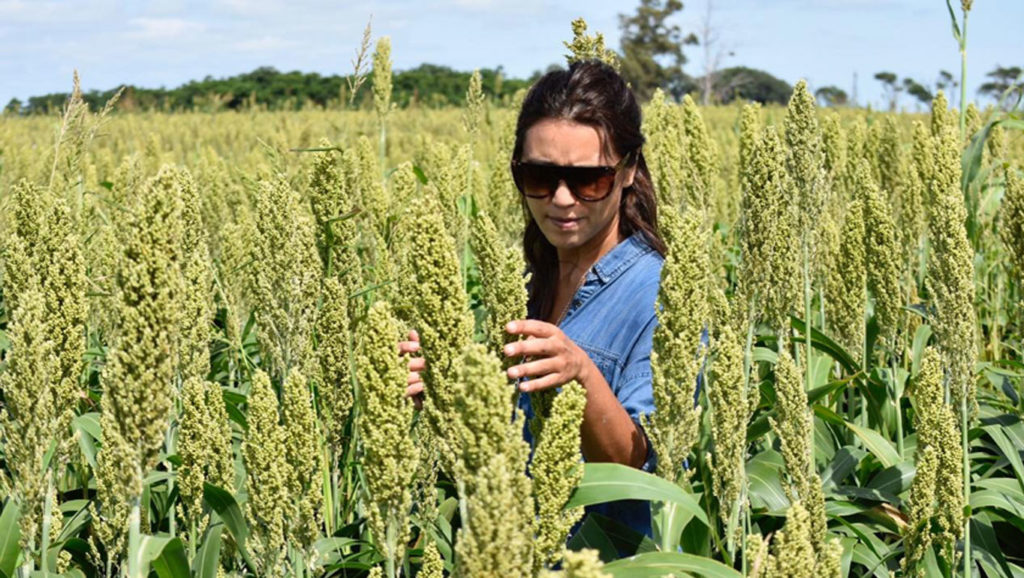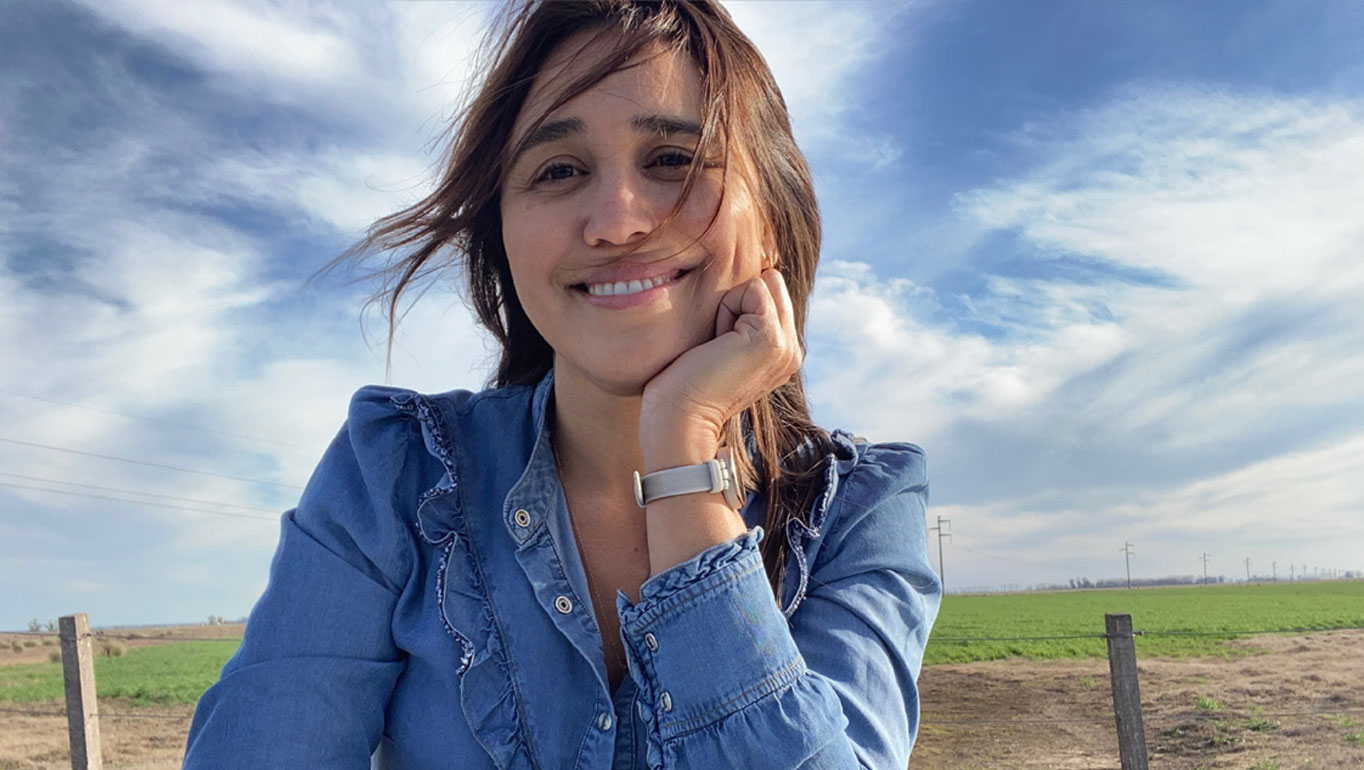International Rural Women’s Day represents giving women the same possibilities as men in terms of production, property, equal pay and participation in decision-making. What are your views on this based on your experience in the sector?
I believe that women play a fundamental role in agricultural production and in all activities related to the sector. However, I see that most agricultural companies and entities are still mostly in the hands of men, either as owners, or in management or decision-making positions. Although I believe that in recent years we have gained some ground, we still have a long way to go to achieve gender equality. I am convinced that women are a key element in the construction of rurality, understood as the ‘soul’ of rural development, contributing with our unique perspective that allows us to achieve integral and sustainable development processes for the future of the sector.
For almost obvious reasons linked to strength, there are certain rural tasks that women cannot perform. How is technology having an impact in adapting certain tools so that both genders can carry out the same tasks?
I believe that today there is no rural work that women cannot do. As the popular saying goes, ‘skill is better than strength’, and therefore with logic, reasoning, abilities and intelligence, you can obtain better results than just using force alone. There is no doubt that technology is constantly helping to make this happen. In agriculture, livestock and dairy farming, technology has arrived to add precision, practicality and efficiency to rural tasks.
Are there groups of rural women who come together to share and transfer knowledge in Argentina?
There are several rural women’s groups that share and transfer knowledge, spread geographically by area and activity. For example, the ‘Rural Change’ women’s meetings organized by INTA, or the ‘Rural Women’s Network’, a group of which I am a member. This group was born with the purpose of linking women together and integrating traditional and innovative knowledge to strengthen and share proposals. Other aims include the sharing of initiatives and solutions that generate new possibilities, with a focus on achieving the common good for current and future generations.
Today we are more than 500 women with representatives in all the provinces of Argentina, connecting all the necessary parties so that the initiatives are carried out. We are small and large producers, entrepreneurs, businesswomen, farmers, communicators, indigenous women, artisans, researchers, scientists, educators, professionals, civil servants, directors and many more. We are all working to contribute to the following Sustainable Development Goals:
1) End Poverty
5) Gender Equality
17) Partnership to Achieve the Goals.

Carina Margaria – Credits: Kwezi
When interacting with men in social events linked to the sector, is there still a certain prejudice that men know more about the subject?
I have participated in several events related to the sector, and although the presence is mostly male, I do not think there is any prejudice regarding the knowledge of women who participate in these venues. In fact, there are more and more women speakers on specific topics in the sector. However, I would like to point out that women’s participation in these events is still very low.
You got involved in the agribusiness sector for family reasons, but for personal reasons you decided to continue. What is it that attracted you?
I grew up in a small family dedicated to agricultural production, where everyone played an essential role for the company to function. Since I was a child, I understood what my career would consist of, as I accompanied and learnt alongside my parents, knowing that at some point it would be my turn to play a leading role in decision making. I trained as a public accountant, but my dreams always revolved around food production. I felt the need to materialize the concept ‘from the field to the table’, since I always noticed a disconnection between the production that was generated inside the farm and the direct relationship with the consumer. That is how I found my purpose, which is to create a bridge between the field and the community through the transformation of our crops into food with identity. In addition, as a result of a greater awareness of environmental issues, I started training in regenerative production, which approaches the process with a holistic perspective, which is essential to move towards the path of triple impact: social, environmental and economic. It is a truly motivating path.
What is your vision of rural growth and what are you specifically aiming for?
My vision is that we will move towards a more responsible form of food production, driven by a greater awareness of environmental issues and the social pressure that it demands, through responsible consumption and a change in the way we generate food. I also believe that rural growth will go hand in hand with greater cooperation between producers, sharing knowledge and technologies, and supporting each other in various ways. This includes the incorporation of professions or trades that are not usual in production scenarios, such as biologists, ecologists, educators, nutritionists, etc. This will enrich rurality with diverse perspectives. Currently, my focus is on encouraging my team to listen to other voices that will help us make the transition from the dominant paradigm of production to an emerging paradigm, which for me is undoubtedly the path of regenerative production. This is concerned not only with having a profitable business, but also with the impacts that we can generate in the environment and in the community.



